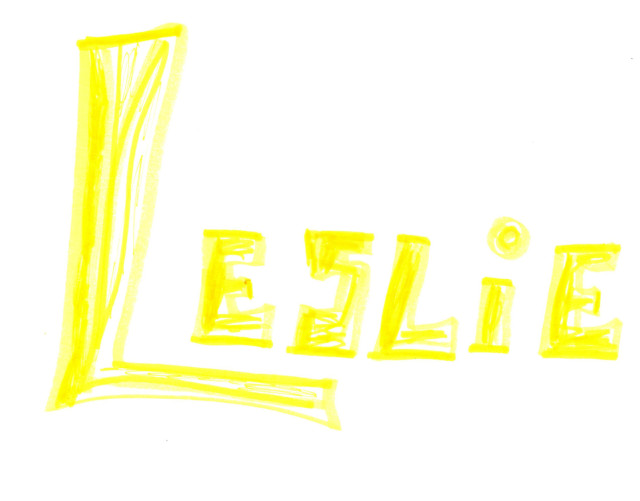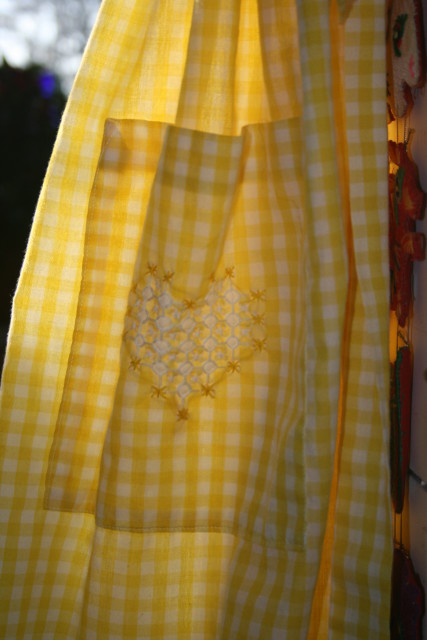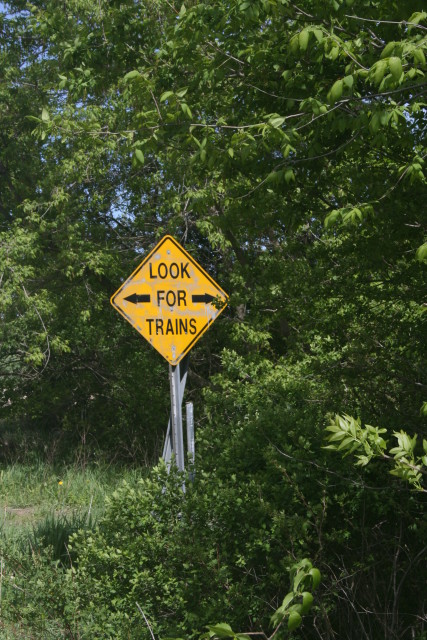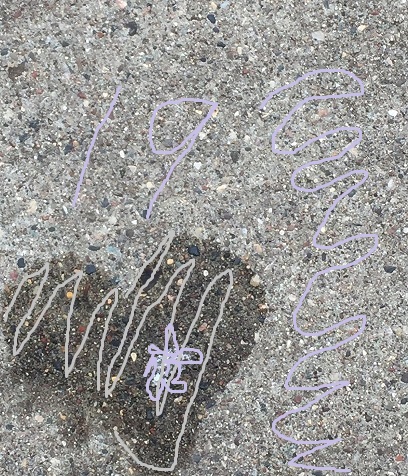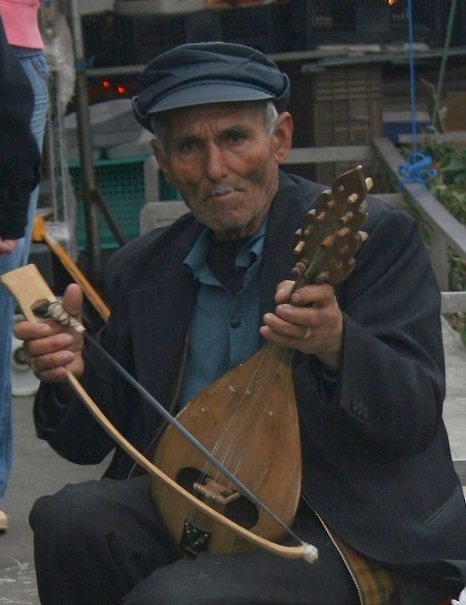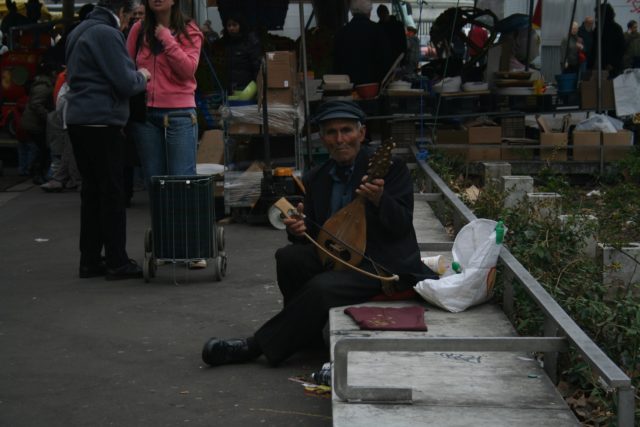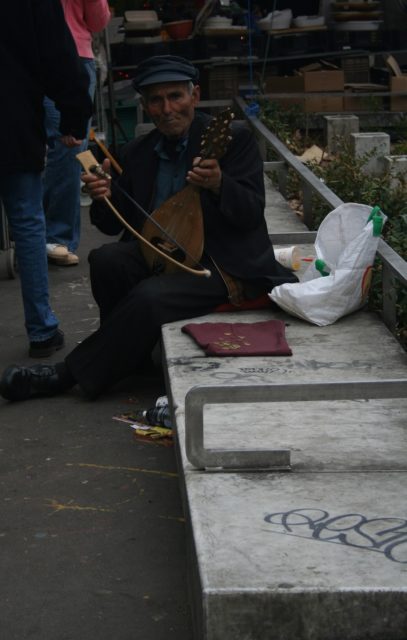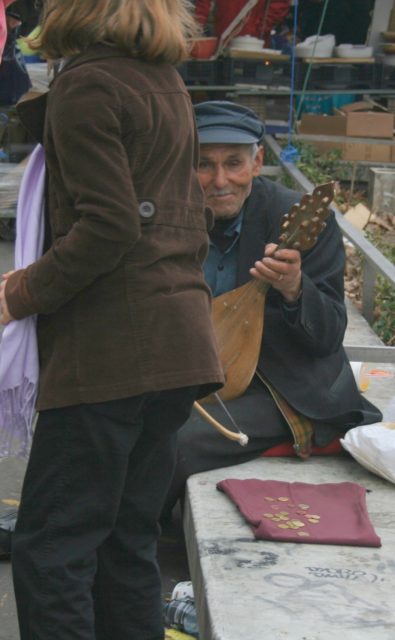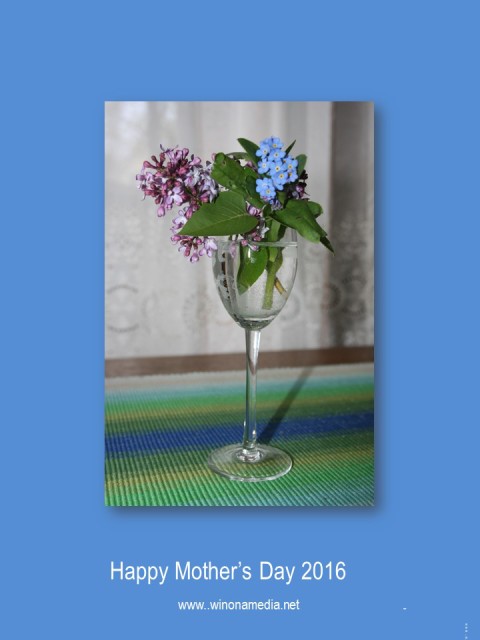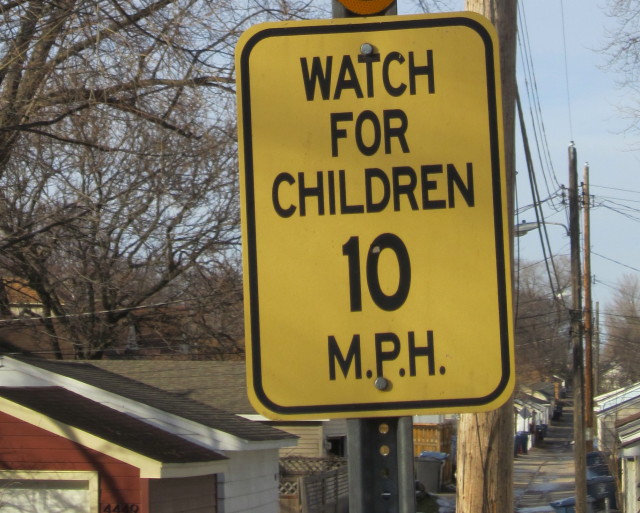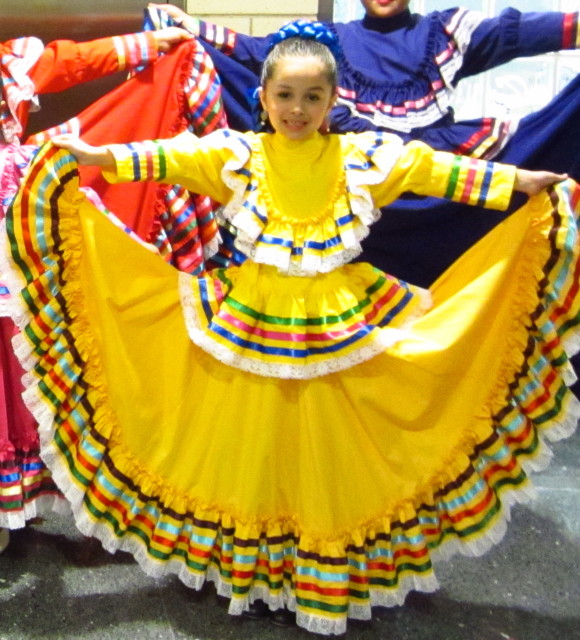
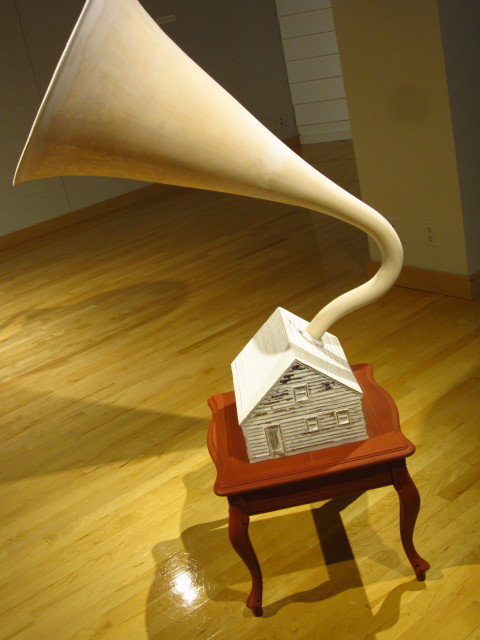
Lately, I have been preoccupied by the color yellow in all its shades and names: butter, champagne, dandelion, sulphur, oat straw, yolk (cooked, whole, and broken), cut honeycomb, pollen, sandstone, dune, parchment, lamplight, amber, topaz, cream, ocher, gold, marigold, wheat, lemon, hay, neon, lemon and lemonade, corn and cornsilk.
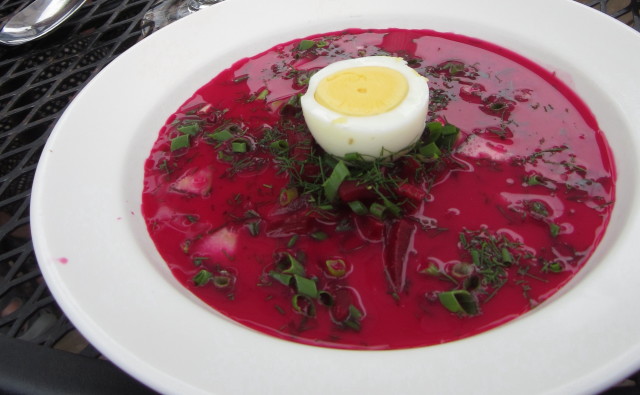
Yellow and I have an unquiet relationship, oscillating between attraction and repulsion. It isn’t a color that has ever been flattering for me to wear–it makes me look rather sickly–but one grey February, about ten years ago, I was drawn to a swingy, yellow coat of bouclé wool at a vintage shop. It had three textured yellow buttons the size of silver dollars. Every where I went, people noticed. I felt I carried the sun with me.
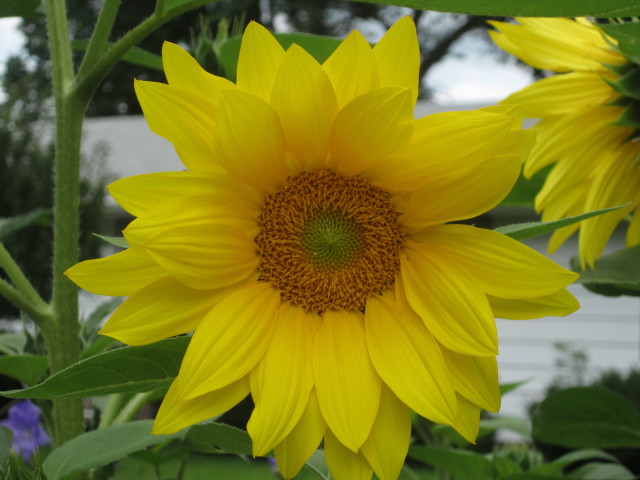
Until the day I put it on and felt like Big Bird! I no longer own that coat, but I do hope it makes someone else happy.
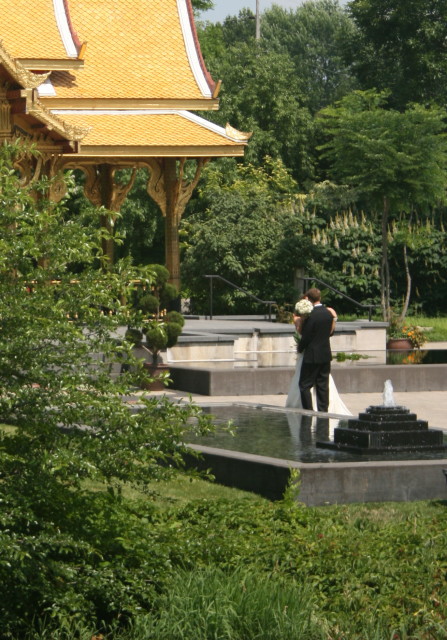
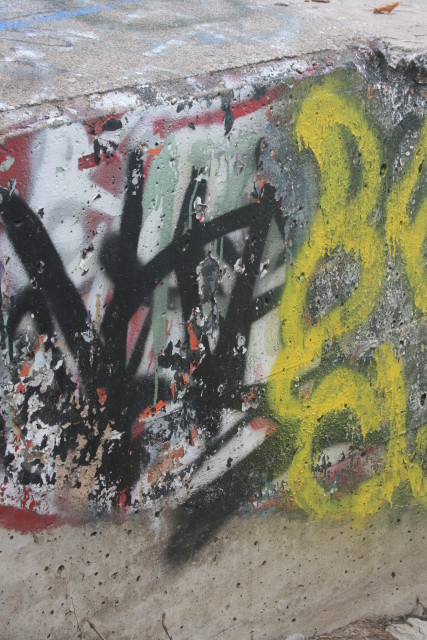
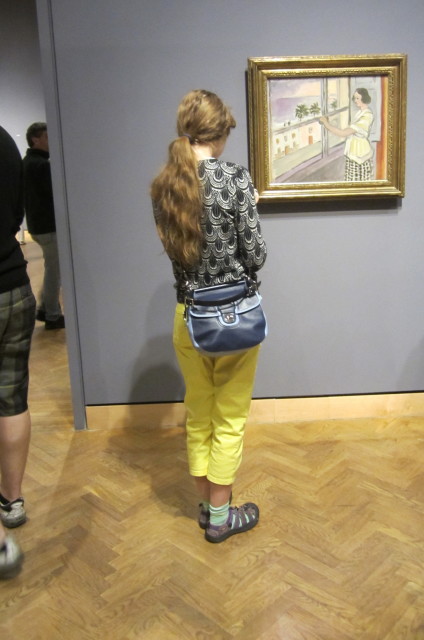
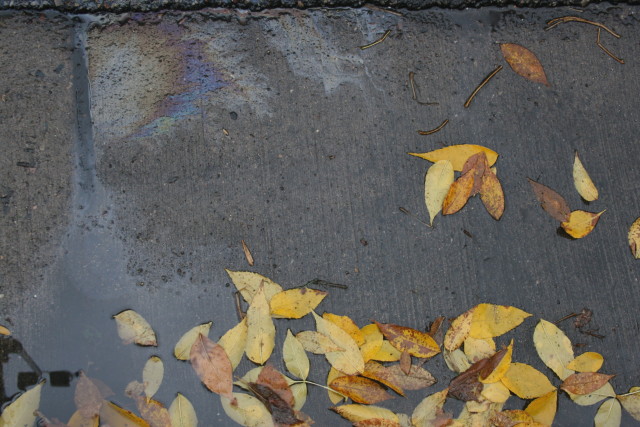
In the Feng Shui baqua, the nine-square grid used in the Chinese art of placement, the central square, the one that stands for health, is yellow. Certainly in this grey time of year, the merest ray of yellow sunlight makes me understand the poetry of this traditional assignment. And yet, yellow also can indicate ill-health or age. Think of jaundice, yellowing of white linens or lace, yellowed ivory, teeth, or pages. 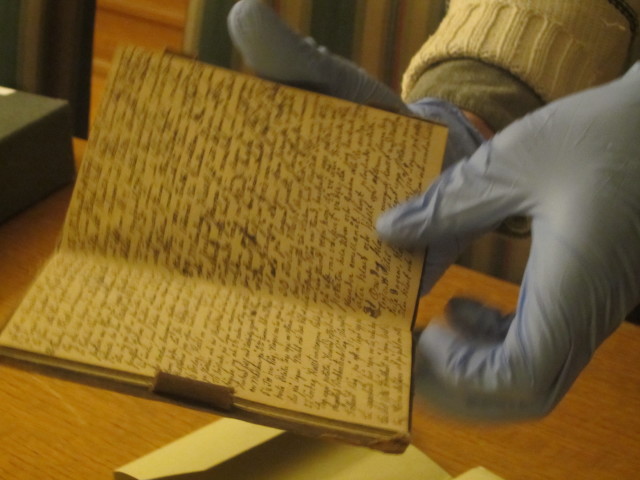
(Above, Mr. Robert Nichols, the archivist at the American Swedish Institute, is holding open a nineteenth-century diary to show Julia.)
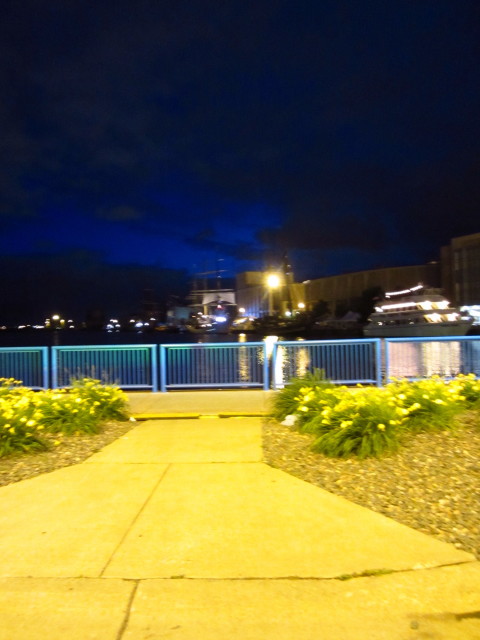
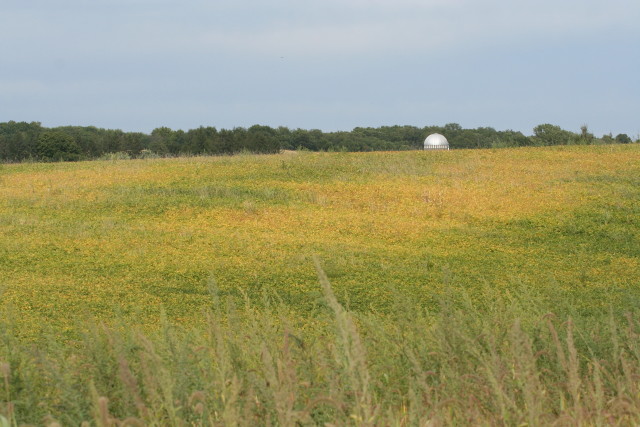
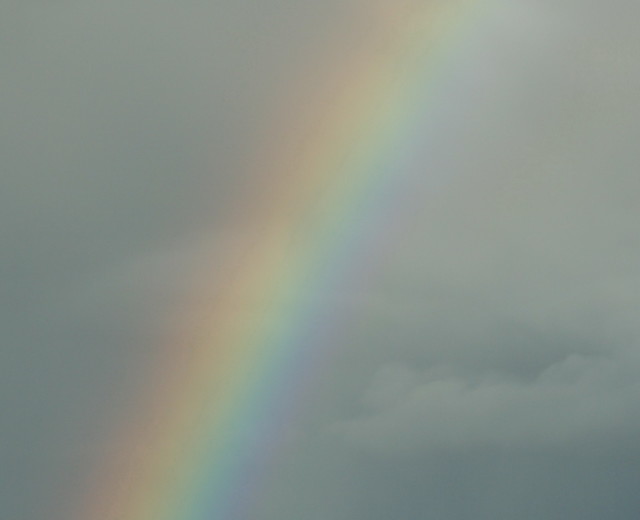
Given yellow’s central position in the spectrum of visible light, it makes sense that, in addition to its pure form, it slides easily into the realms of tan, white, green, and orange.
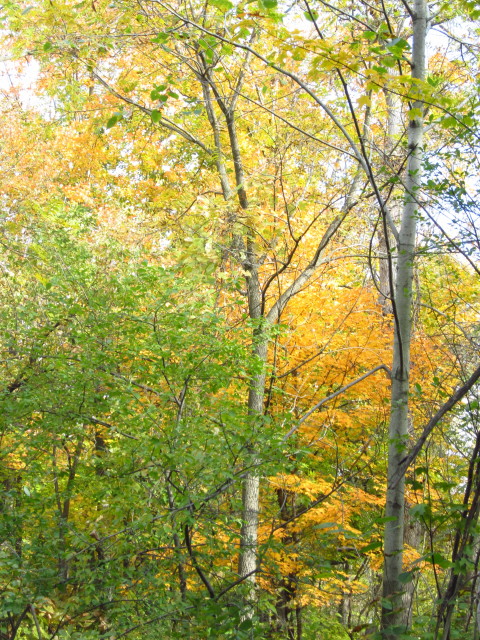
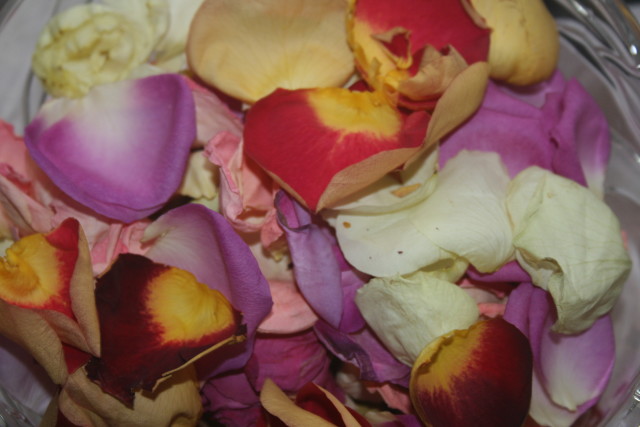
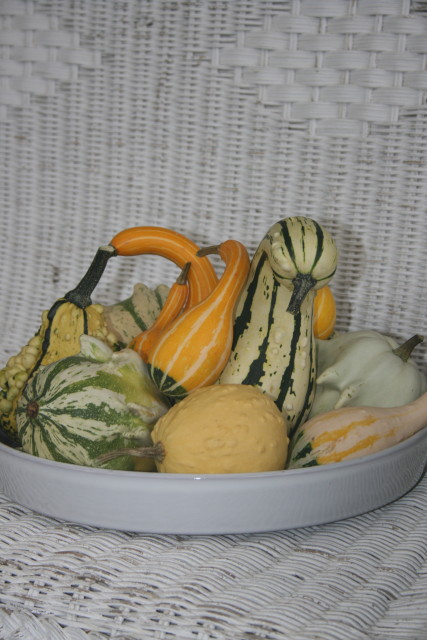
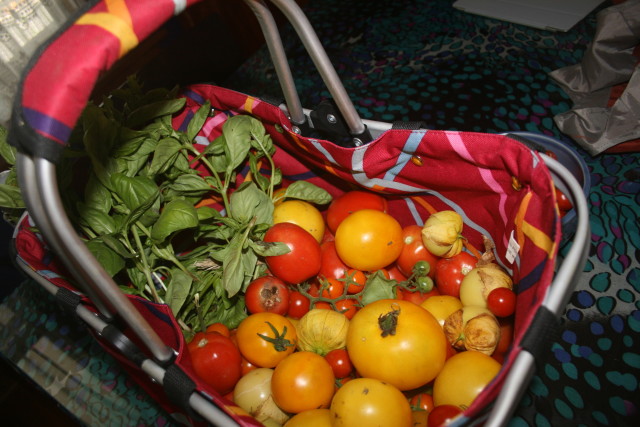
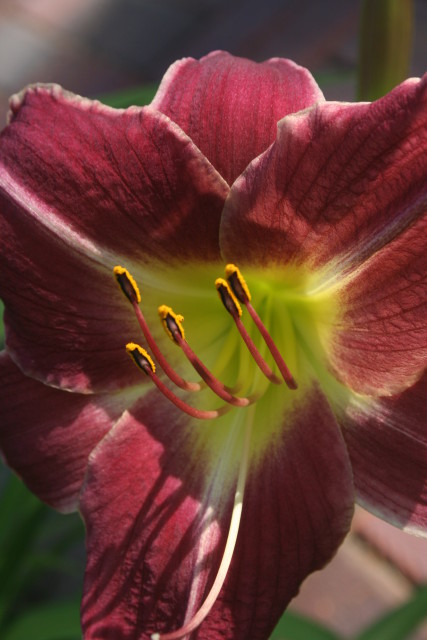
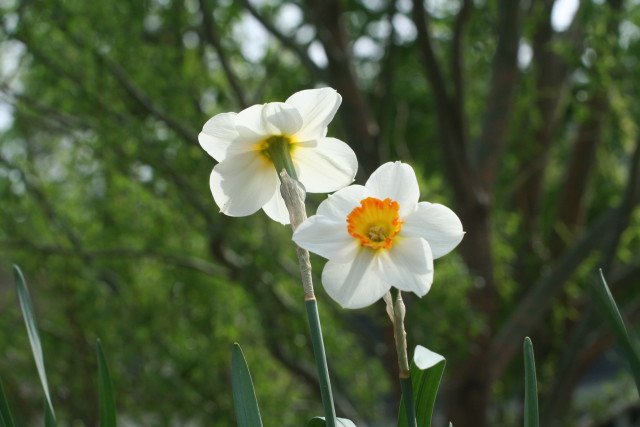
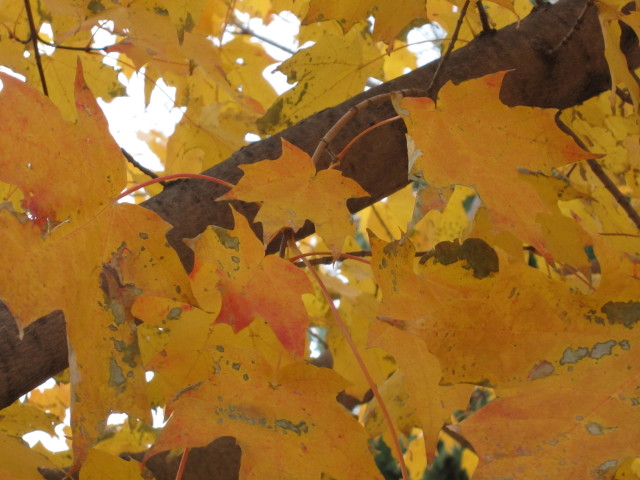
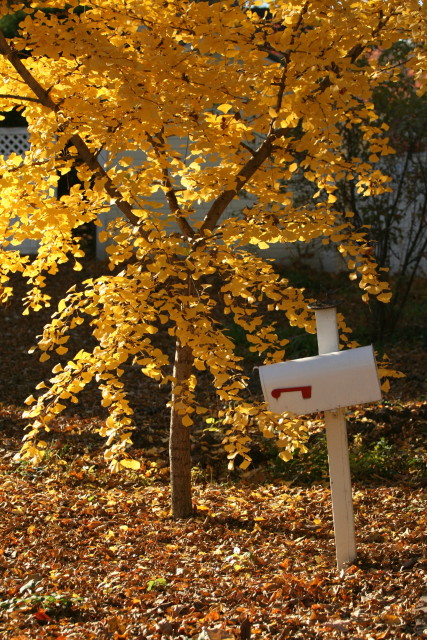
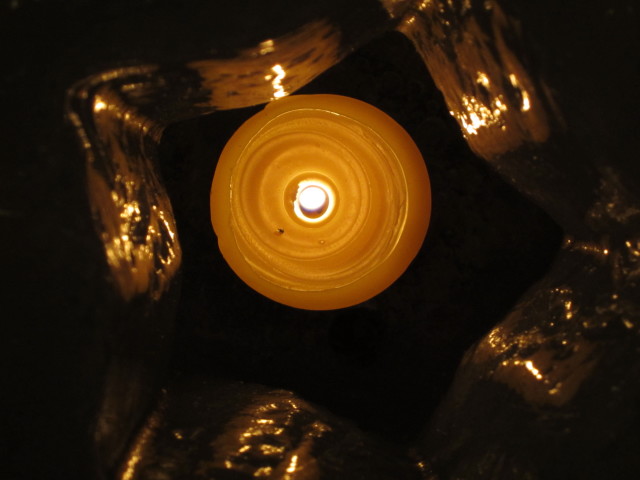
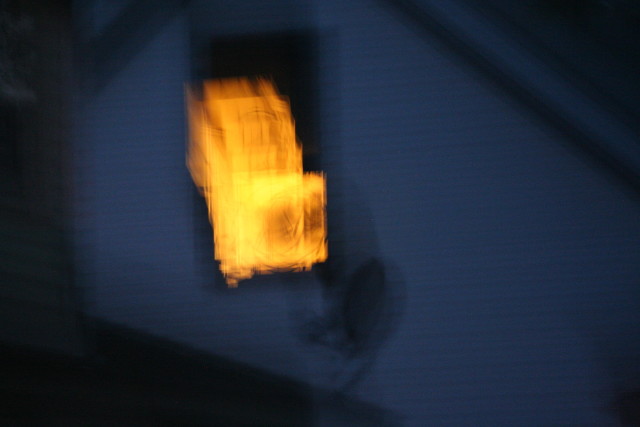
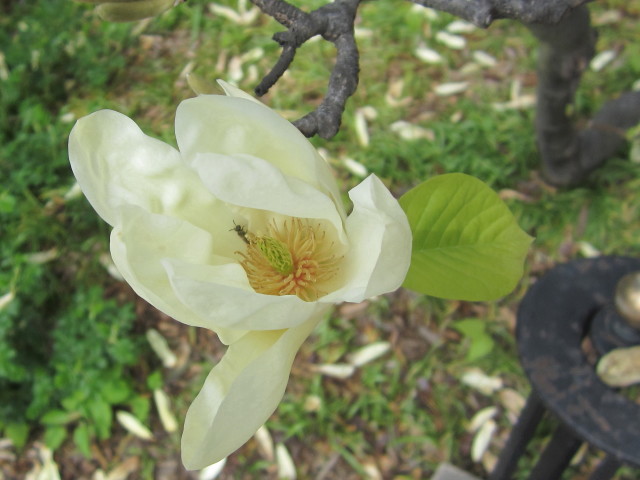
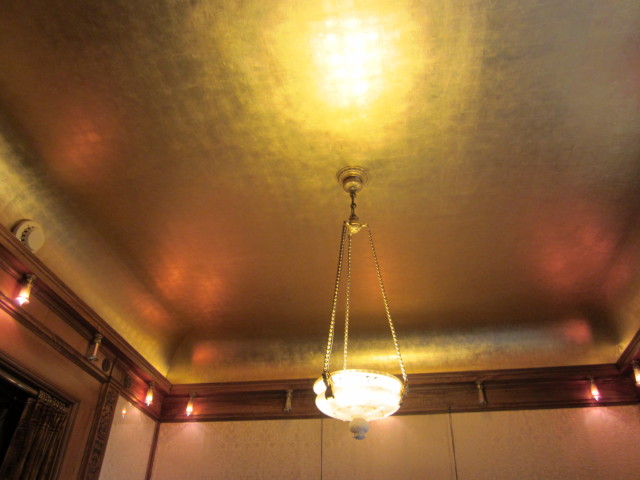
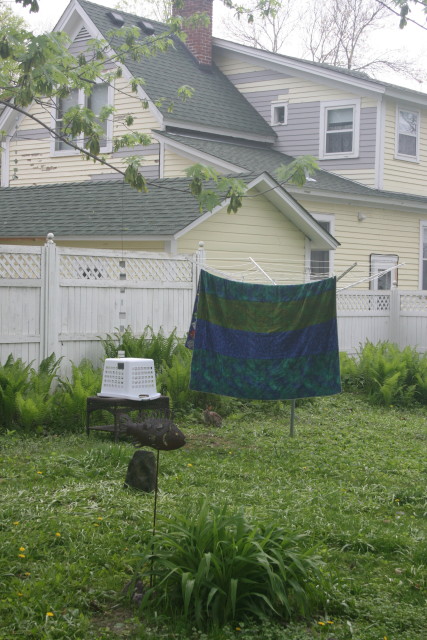
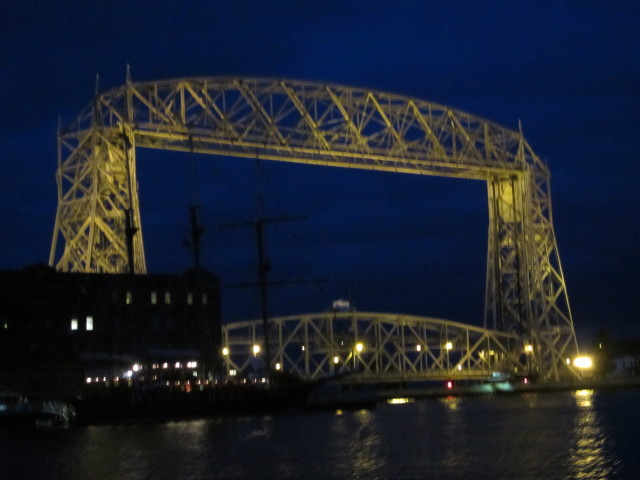
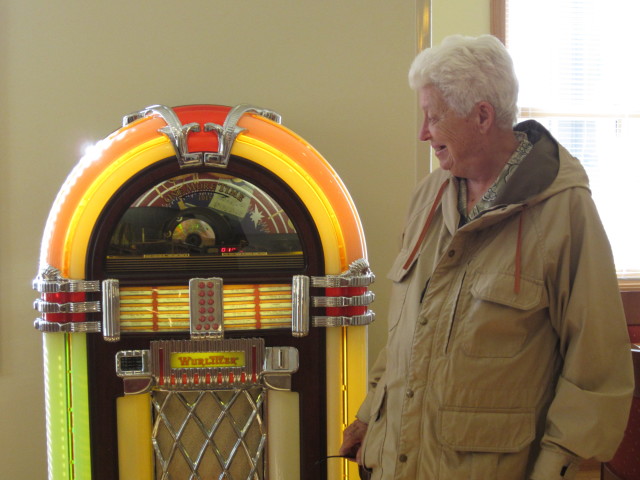
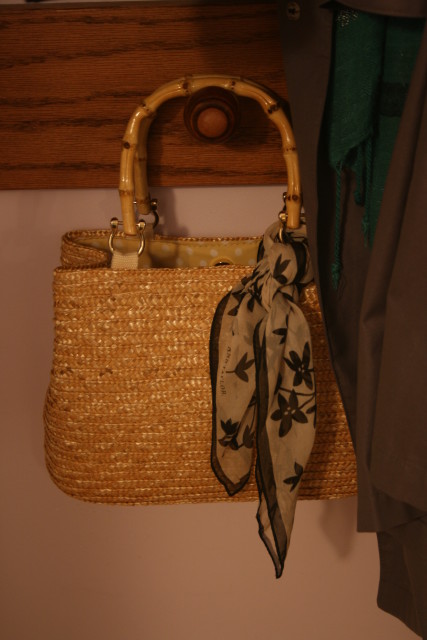
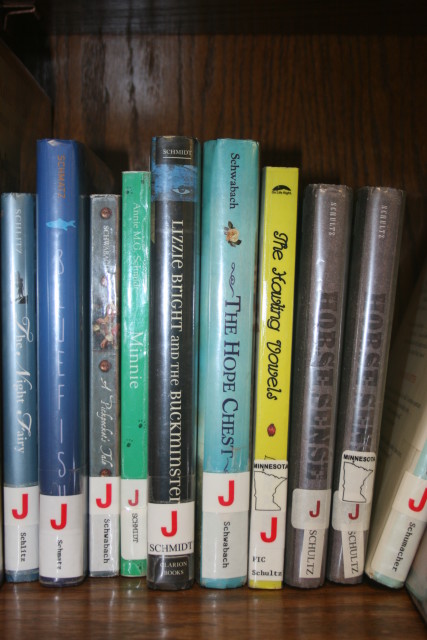
Whether natural or artificial, yellow commands attention–from daffodils, sunflowers, autumn leaves, and sunlight to highlighters, Post-It Notes, school buses, police tape, traffic signs and road lines. On this snowy day, I appreciate the chance to share these favorite photographs starring YELLOW as well as a poem inspired by a photo with contrasting natural and artificial hues.
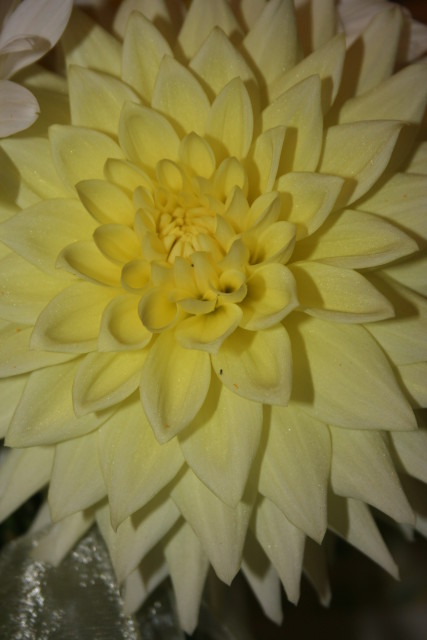
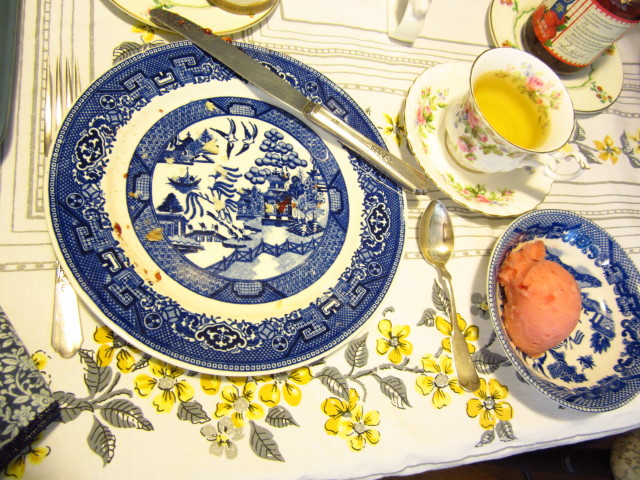
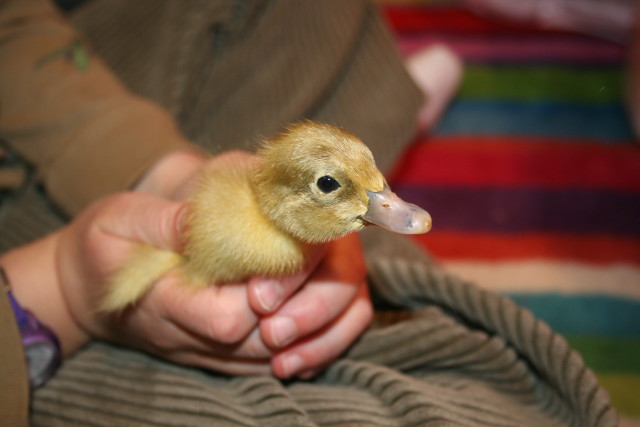

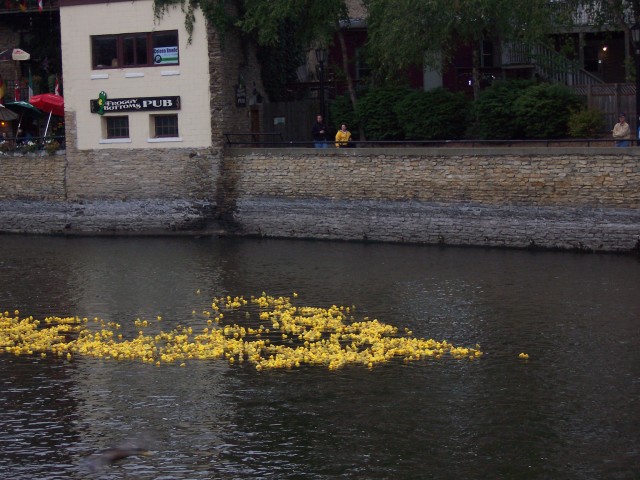
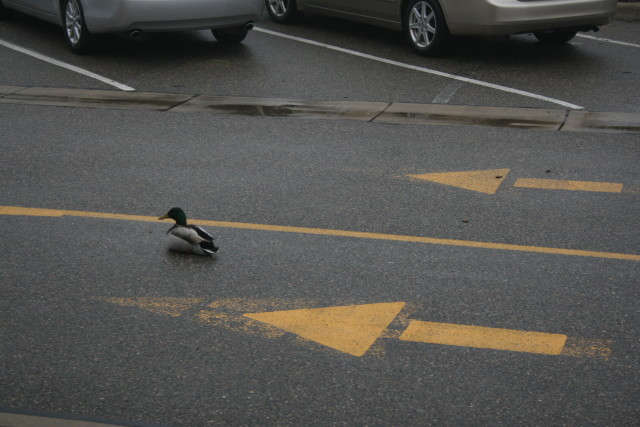
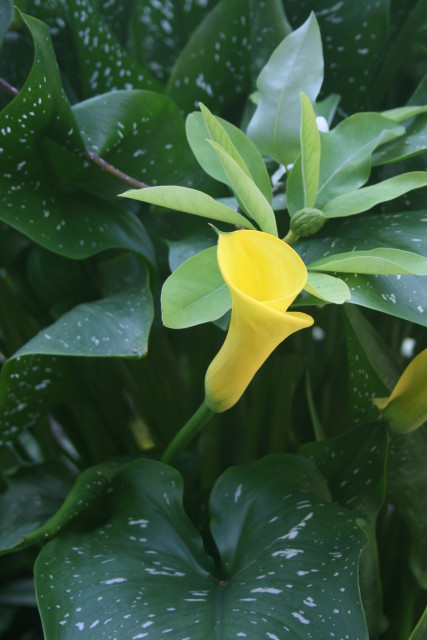
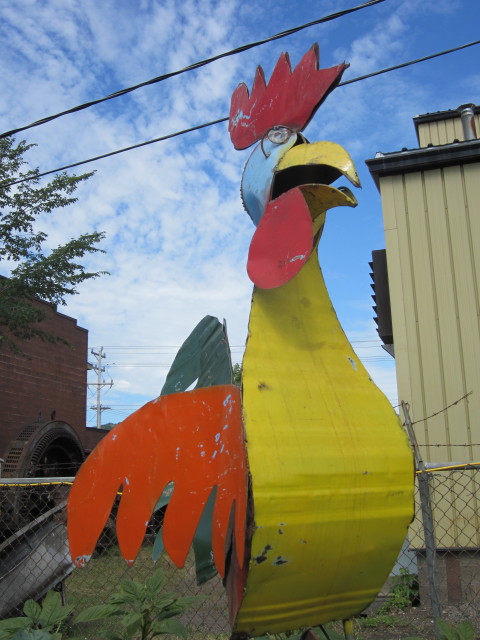
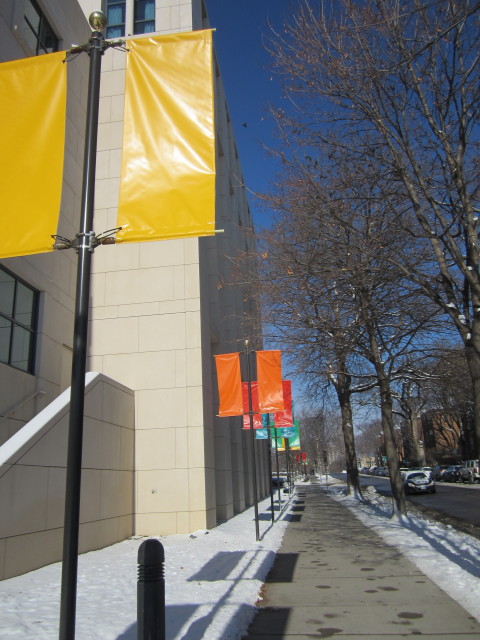
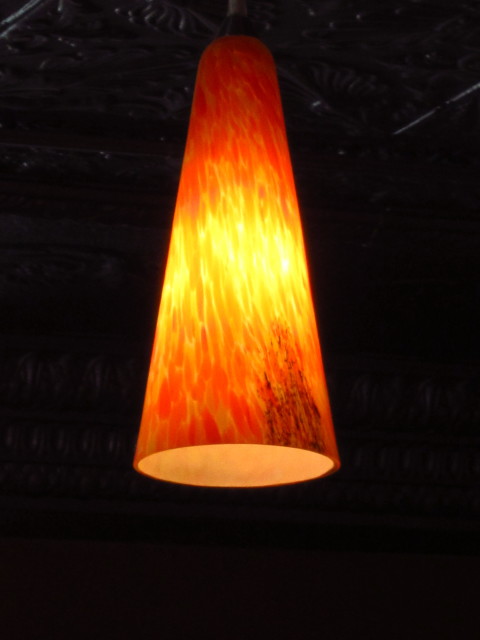
Juicy
After Labor Day, at the tail end of summer,
a yearly festival transforms
Bridge Square, that triangular wedge
of green that marks the heart of town.
For two days it becomes a warren
of food carts, bingo tents, even
a beer garden whose sour smell
mingles with corn dogs, tortillas, spun sugar.
Now, nearly tripping on the thick, black cables
snaking over the crosswalk, I stop,
longing suddenly for lemonade.
I pay
the man in the black shirt.
He takes dimpled fruit, pointed at both ends
like petite footballs, the shape
of things to come, certain as frost.
While he squeezes and gazes
at the river sliding past, my own gaze wanders.
I rock on my heels, am jolted
by yellow shafts, long fluorescent tubes
on the cart’s black ceiling, colliding,
in my eye, with a vertical column
of waxy lemons clustered in tiered baskets.
Two lines of yellow converge –
the tip of an arrow,
the zig of lightening – all
on a clear day, signifying (perhaps)
danger, direction, or simply illumination,
the thrill that can rush upon the heart
from a simple shift in perspective.
The man in the black shirt
hands me a paper cup, tips his black cap.
As I lean in to receive it,
the yellow lines diverge.
Behind me the queue surges.
I turn
toward the bridge, walk to the middle,
sip sweetness released from a wheel
of luminous pulp bound by bitter peel.
Leslie Schultz
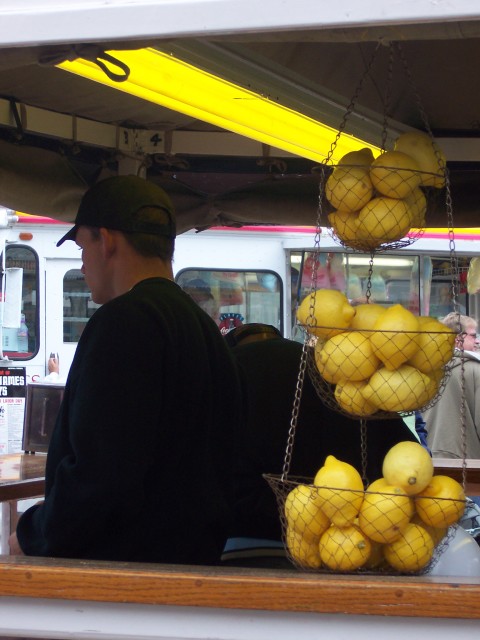
Wishing you well,
